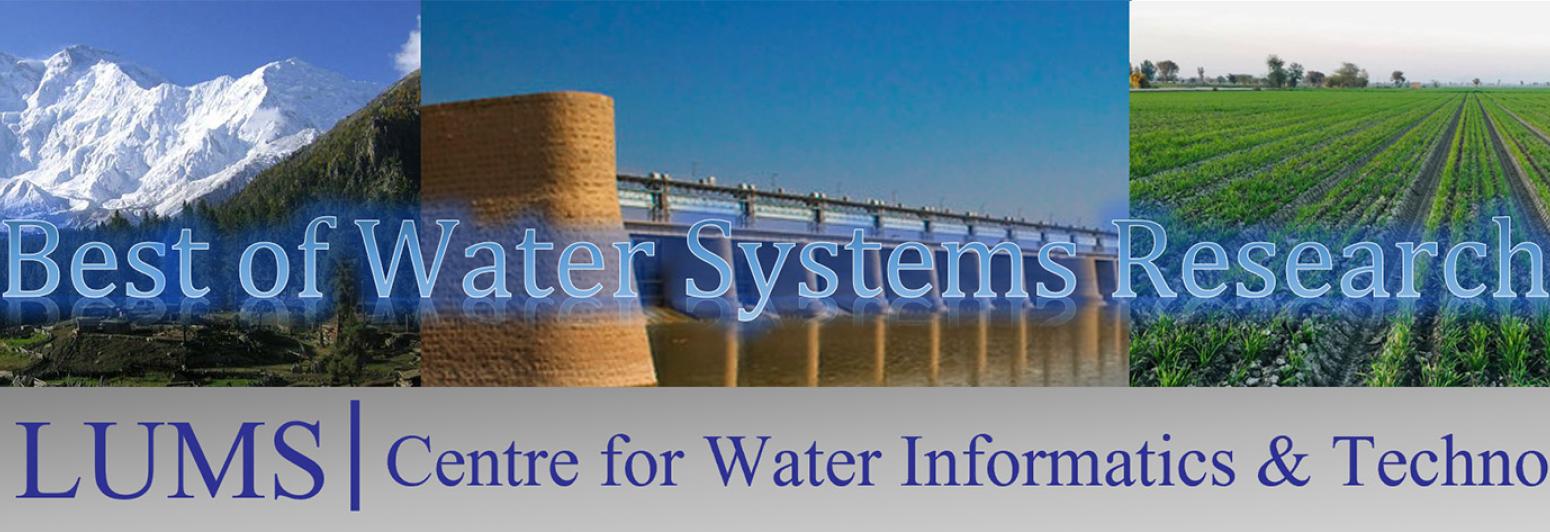
to
Speaker: Dr. Michael Mitchell, Research Fellow, Institute for Land, Water and Society, Charles Sturt University, New South Wales, Australia.
Moderator: Dr. Talha Manzoor, Assistant Professor, WIT
Details and registration: Best of Water Systems Research - Seminar Series 2021 | Center of Water Informatics and Technology (lums.edu.pk)
Abstract: Pakistan is amongst the most water-stressed countries in the world. For many of those making a living across Pakistan’s rural areas, these stresses are exacerbated by a complex interplay between waterlogging, increased salinity and groundwater overextraction. The extent of these scourges and their impacts vary considerably across space and time. Most attempts to redress the impacts on rural communities have experienced a low success rate, and have largely been unsustainable. The tendency to rely on technical solutions has been at the expense of learning how our social systems function on the ground, how our landscapes function as ecological systems, and how these two types of systems constantly co-evolve in response to the many and varied drivers of change in particular places. This lecture draws on experiences using social-ecological systems research in Australia and elsewhere to frame new approaches to improving water and salinity management in Pakistan. It will emphasise why such an approach to interventionist research needs to build from principles of transdisciplinarity and co-inquiry, meaning that research users and beneficiaries become co-designers of the research purpose, delivery and outcomes. The newly established Australian government funded project “Adapting to Salinity in the Southern Indus Basin” will be used to expand on the prospects for these new approaches to research, and how we plan to put them into practice.
About the Speaker: Michael Mitchell is a Research Fellow with Charles Sturt University’s Institute for Land, Water and Society (ILWS), and has a growing body of social research experience related to natural resources management. He is currently leading an Australian government funded project in collaboration with partner agencies in Pakistan to explore strategies for building adaptive capacity with people managing and living in salinity affected landscapes of the southern Indus Basin. From 2016 to 2020, Michael was employed on another Australian government funded project exploring how to improve farming family livelihoods in Pakistan by tackling groundwater over-extraction. He is currently teaching a subject on resilience thinking and sustainable development. His 2008 doctoral dissertation involved collaboration with Murrumbidgee Irrigation in NSW, focusing on the company’s efforts to improve its use of ‘triple bottom line’ reporting – i.e. reporting on its economic, social and environmental performance.
For details or queries, please contact Soban Hameed Saigol at soban.hameed@lums.edu.pk or 0332 4495057

